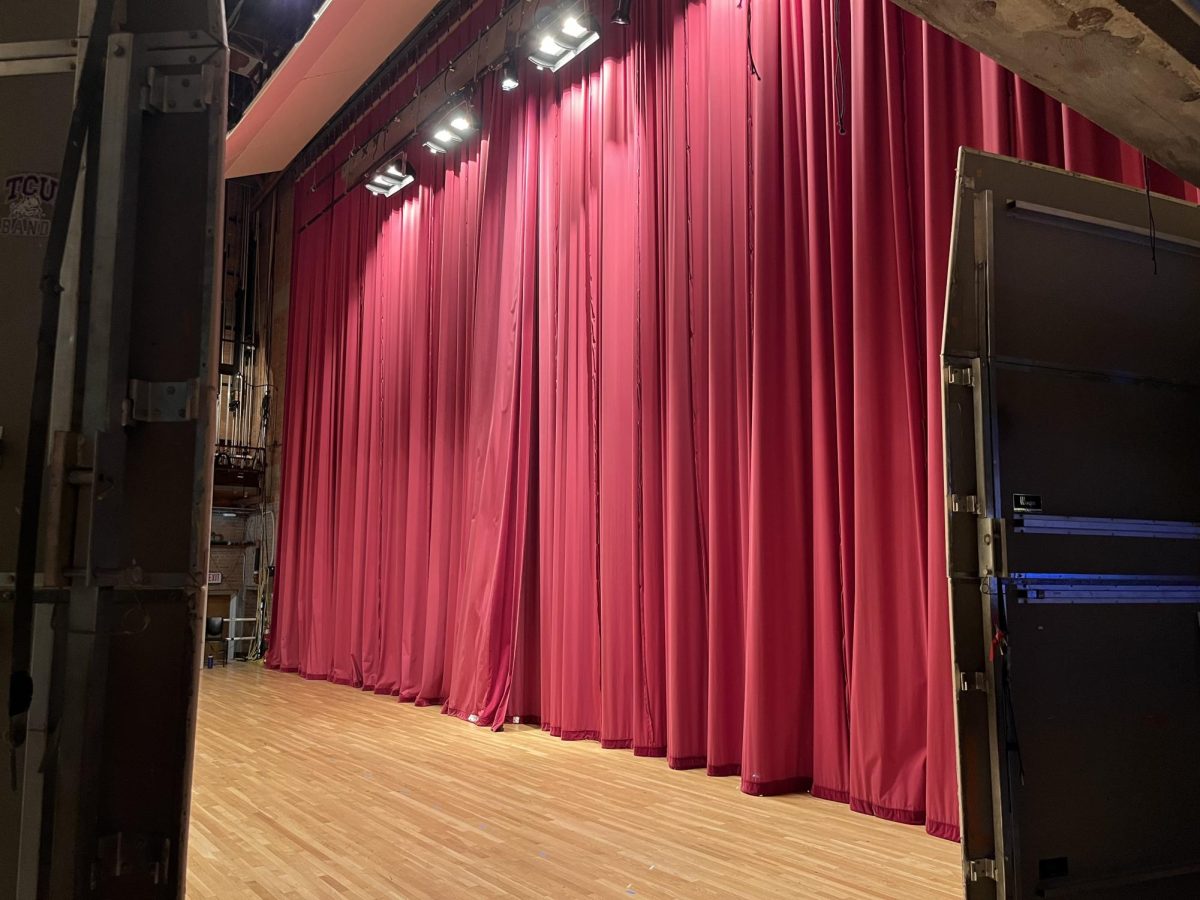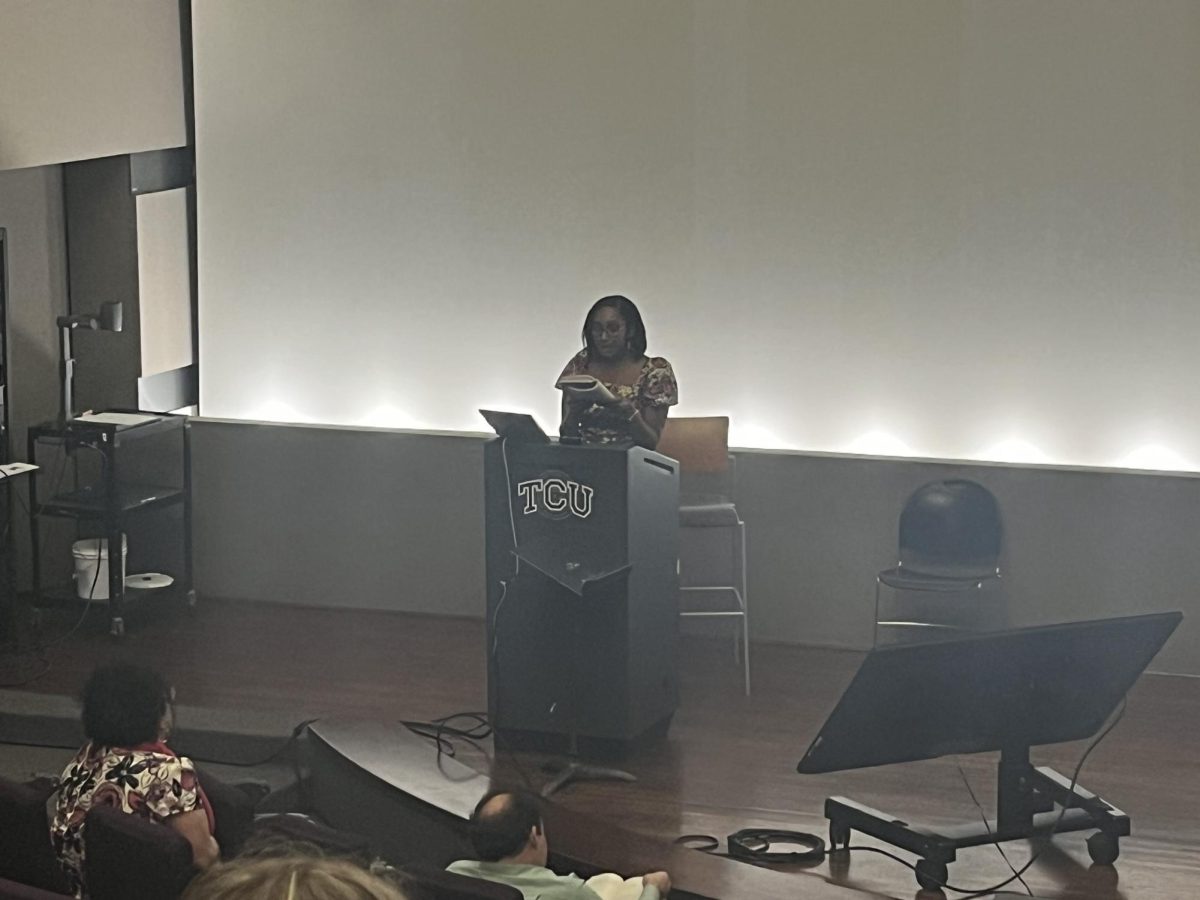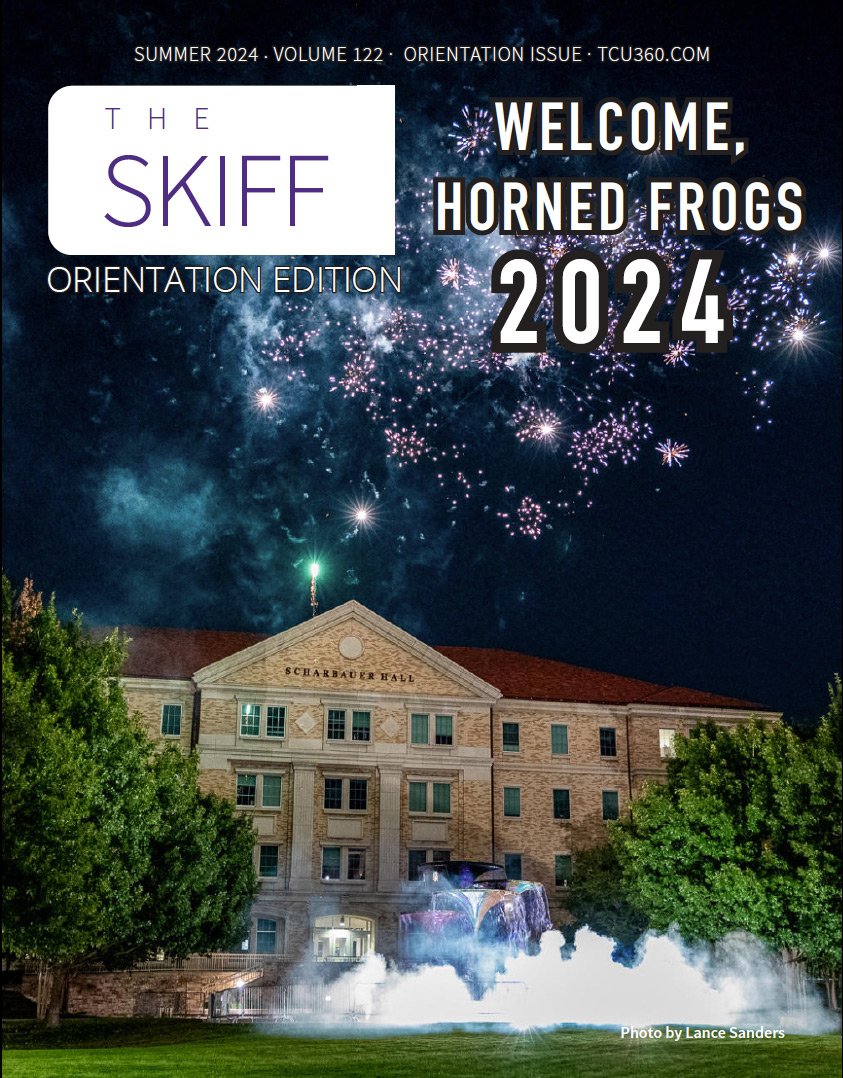Officials with the Fort Worth Independent School District are reviewing 118 titles to ensure they meet school district standards.
The books were pulled from school library shelves out of concern that “they were not developmentally appropriate,” Cesar Padilla, a FWISD communications coordinator, wrote in an email.
W007943_082523_List_of_Books_Under_Review_SY_23_24 (2)The list of titles was obtained through an open-record request to the district. The books include long-time classics such as “Slaughterhouse-Five” by Kurt Vonnegut Jr. and “The Bluest Eye” by Toni Morrison, as well as more current titles: “The Perks of Being a Wallflower” by Stephen Chbosky, “It Ends with Us” by Colleen Hoover and “Looking for Alaska” by John Green.
Padilla said the review is not in response to the Restricting Explicit and Adult-Designated Educational Resources, or the READER Act, which was passed by the legislature in June 2023. The new law, which is being challenged in the courts, requires master-certified librarians to review books labeled “sexually relevant” by vendors on a biannual basis.
On Sept. 18, U.S. District Judge Alan Albright ruled that “READER misses the mark on obscenity with a web of unconstitutionally vague requirements.” He wrote in a 59-page ruling, that Texas “in abdicating its responsibility to protect children, forces private individuals and corporations into compliance with an unconstitutional law that violates the First Amendment.”
The Texas Attorney General’s office has said the state will appeal.
Chloe Kempf, an attorney with the American Civil Liberties Union of Texas, said the vagueness of the law could have a chilling effect, causing confusion on how to properly comply with the legislation.
Kempf said the law seems to target minority groups within Texas, citing a Pen America report that found 30% of the books that have been removed contain content related to race or racism. An additional 30% include subject matter relating to LGBTQ+ issues.
Padilla said books that are deemed appropriate will be returned to library shelves.
Students may only view texts rated “sexually relevant” with parental approval, and reconsideration requests will be the same as current district policies.










